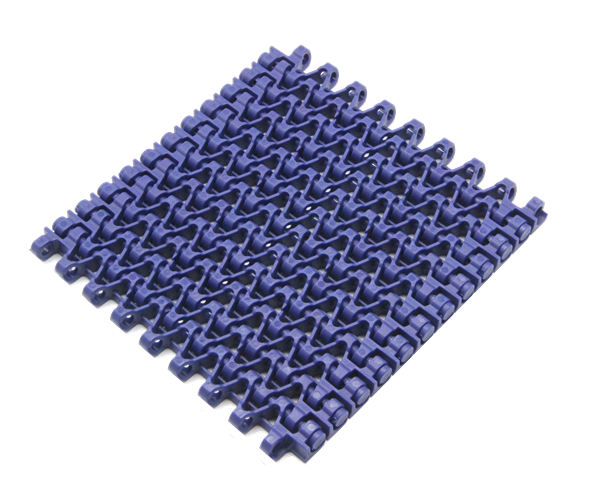How to Choose the Right Boat Sewage Hose?
Choosing the right boat sewage hose is crucial for maintaining safety and compliance on your vessel. This article will walk you through essential statistics, help you make an informed decision, and ensure your boating experience is seamless.
Understanding the Importance of Boat Sewage Hoses
The sewage system on a boat is not just a convenience, but a necessity for hygiene and environmental safety. According to the BoatUS Foundation, improper handling of sewage can lead to severe regulations and hefty fines, emphasizing the importance of choosing a quality sewage hose.
Common Types of Boat Sewage Hoses
There are several types of sewage hoses available, each with its own specifications and ratings. Below are some statistics from Marine HQ regarding common types:
- Sanitation Hoses: These hoses come in various lengths, commonly ranging from 10 to 50 feet.
- Odor-Resistant Hoses: Approximately 70% of boat owners reported reduced odor issues with high-quality hoses.
- Flexible Hoses: 60% of boaters prefer flexible hoses for easier installations.
Key Features to Look For
When selecting a sewage hose, consider these critical features noted by the West Marine:
- Compliance with USCG Regulations: Ensure the hose complies with U.S. Coast Guard (USCG) regulation 33 CFR 159.
- Material: Most hoses are made from PVC, rubber, or reinforced materials. Statistics show 85% of professionals recommend reinforced hoses for durability.
- Size: The diameter typically ranges from 1 to 1.5 inches. Around 90% of boats use hoses of these sizes.
Durability and Lifespan
A hose needs to endure harsh conditions at sea. According to a report from Boating Magazine, high-quality sewage hoses can last from 5 to 10 years, depending on usage and maintenance. Regular inspections can further extend their life expectancy.
See also:How Should We Rethink Boat Sewage Solutions?
Maintenance Tips for Longevity
How to Choose ODM All Sizes Hydraulic Hose?
How ODM Abrasion Resistant Hydraulic Hose Products Perform?
Exploring the Diversity of Rubber Stoppers in Pharmaceuticals
FKM vs Nitrile: Which material is right for your applications?
Demystifying Rubber Grommets: Understanding Their Origins, Significance, and Impact
What You Need to Know About Dredging Hoses
Regular maintenance is vital for the longevity of your boat sewage hose. Here are some expert-recommended statistics for maintaining your hose:
- Cleaning: 65% of boaters use vinegar and water for effective cleaning.
- Storage: 75% of experts recommend storing hoses away from UV light to prevent deterioration.
- Regular Inspections: 80% of boaters who perform quarterly inspections report fewer issues with their hoses.
Cost Considerations
The cost of sewage hoses varies significantly based on material and brand. A survey conducted by Boating Industry reveals:
- Average Cost: A quality sewage hose typically costs between $50 and $150.
- Budget Options: Lower-end hoses can be found for under $50, although longevity may be compromised.
- Premium options: High-end hoses exceeding $150 are available, often providing better durability and warranties.
Conclusion
Choosing the right boat sewage hose involves understanding the importance of compliance, material quality, features to look for, maintenance requirements, and budget considerations. By paying attention to these essential statistics, you can guarantee a safer, more reliable, and comfortable boating experience.
For more Boat sewage hose, Wholesale Marine cooling hose Manufacturer, Wholesale Boat transfer hose Manufacturerinformation, please contact us. We will provide professional answers.
See also:Understanding Bellows and Metal Hoses for Performance
How to Choose Food Grade UHMWPE Hose?
Are Stainless Steel Corrugated Joints Worth the Investment?
Rubber Screen Panels: The Ultimate Guide for Homeowners
Choosing the Right Filter Press Cloth for Your Needs
Polyurethane Screen Panel vs. Traditional Screens: Which Is Better?
Maximize Durability: Benefits of Polyurethane Screen Panels
Related Articles





Comments